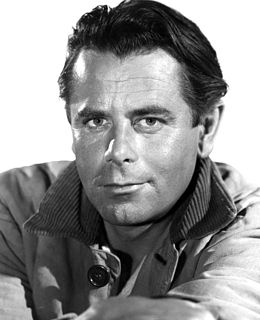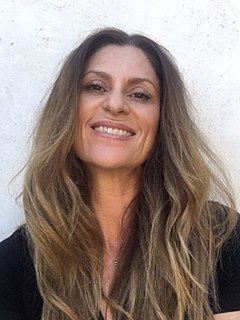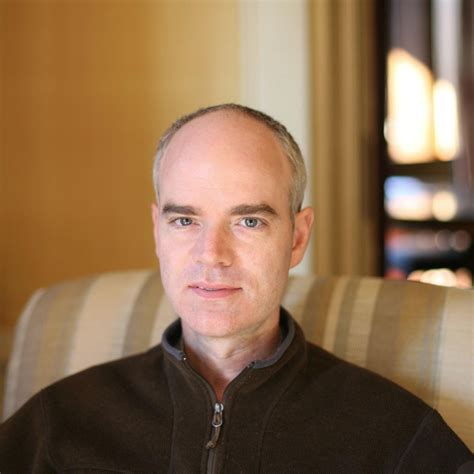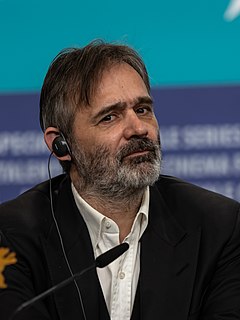A Quote by Edward Zwick
If a director is really a director, I think he's interested in more than one thing.
Related Quotes
A strong film director does leave you to your devices. A strong director allows you to be free and you trust that he's there and he will tell you if you've gone too far. A strong director allows you to be much more experimental and take greater chances than a director who isn't secure within himself.
Your actors need to trust you as a director, but normally, I think you just need to have an open communication between the actors and the director. I think the director needs to really paint his or her vision to the cast and let them know the kind of mood that he or she is making. I think that's very important.
The directing thing, to do it well, I think you have to have a hell of a lot more discipline than I do, or be a lot more willing to really take charge of whole large group of people than I feel comfortable doing - because a director really has to run everything, and be very confident in their ability to do so.
It is one of the few elements in the process that a director really, really can't control: an actor's performance. If you have a director that understands that, it's comforting to an actor. You're starting the relationship more as a collaborator, rather than as an employee or some kind of a soldier trying to execute something you don't organically feel.
I like to adapt to a director's way of working. I love doing that. Each director is so different, and you have to adapt to this new way of doing something. That's what's amazing to me. That's why I love directors. I don't want to director to have to work around me. I think it's more fun for me to come in on their thing.






































